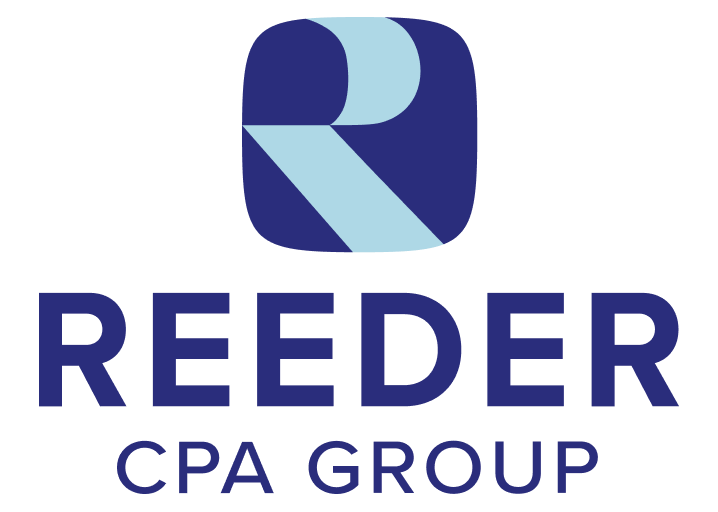Franchising offers a rewarding and lucrative career path; however, it requires substantial financial investments. Identifying the best funding options is essential for aspiring franchisees to succeed. In this comprehensive guide, we’ll explore various franchise financing options and help you navigate the complexities of securing funds for your franchise.
SBA Loans for Franchise Financing: Pros and Cons
Small Business Administration (SBA) loans are a type of loan program offered by the U.S. Small Business Administration. They are designed to help small businesses access the funding they need to start or grow their businesses. For franchisees, SBA loans are a popular choice because they are partially guaranteed by the government, which means that lenders are more willing to lend to franchisees who may not have a long track record of success.
One of the primary advantages of SBA loans is that they offer more favorable terms than traditional bank loans. SBA loans typically have lower down payments, longer repayment terms, and more favorable interest rates than traditional bank loans. This can make them a more affordable financing option for franchisees who may not have a lot of capital to invest upfront.
SBA loans can also be used for a variety of purposes, including working capital, equipment purchases, and real estate acquisitions. This means that franchisees can use the loan to cover a range of business expenses, which can help them grow their business more quickly.
However, SBA loans can be more difficult to obtain than traditional bank loans. They require extensive documentation and a thorough application process. Applicants must provide detailed business plans, financial projections, and other information about their business and personal finances. SBA loans may also have higher fees and longer processing times than traditional bank loans. As a result, franchisees may need to invest more time and effort into their loan application to ensure they meet the requirements.
Rollover for Business Startups (ROBS)
ROBS is a unique funding option that allows potential franchisees to use funds from their retirement accounts, such as 401(k)s or IRAs, to invest in their business without incurring early withdrawal penalties or taxes. The funds are transferred into a new 401(k) plan, which is used to purchase stocks in the franchisee’s business.
ROBS can be a good option for those who have significant retirement savings but limited other financing options. However, it’s important to note that ROBS can be complex, and there are specific legal and IRS guidelines that must be followed. As such, it’s recommended that potential franchisees work with a qualified professional, such as a CPA or attorney, to set up a ROBS plan correctly.
- Advantages:
- No early withdrawal penalties or taxes
- Immediate access to funds
- Disadvantages:
- Complex process with strict legal and IRS guidelines
- Puts retirement savings at risk
Franchisor Financing
Franchisor financing is a financing option offered by the franchisor to help the franchisee secure the funds needed to purchase and operate the franchise. This type of financing is usually easier to obtain compared to other forms of financing, as the franchisor has a vested interest in the success of the franchisee.
Franchisor financing typically involves loans or equipment leases. Franchise loans can help cover the initial franchise fee, equipment costs, or other startup expenses. Equipment leases finance the necessary tools for running the franchise, such as ovens, cash registers, or vehicles.
While franchisor financing can be an attractive option for those with limited financing options, it’s important to note that the terms of the financing may not be as favorable as those offered by traditional bank loans or SBA loans. Additionally, the franchisor may require the franchisee to purchase equipment or supplies exclusively from the franchisor, which can limit the franchisee’s ability to shop around for better prices.
Home Equity Loans
A home equity loan allows homeowners to borrow money against the equity in their home. Home equity loans usually have lower interest rates than other types of loans, making them an attractive option for those with significant equity in their homes and a strong credit history.
Home equity loans can be used to finance the purchase of a franchise, cover start-up costs, or pay for other business expenses. However, it’s important to note that home equity loans require the borrower to use their home as collateral, which means that the borrower’s home is at risk if they are unable to repay the loan.
Securities Backed Line of Credit (SBLOC) for Franchise Investment
For those with significant investments in stocks, bonds, or mutual funds, a securities backed line of credit (SBLOC) may be an option. This type of loan is backed by the value of the investor’s securities, rather than their credit history. SBLOCs often have lower interest rates than other types of loans and can be a good option for those who want to avoid selling their investments.
Good Old-Fashioned Cash
For those who have the means, cash is always an option. While it may require significant personal savings or liquidation of assets, financing your franchise in cash can help avoid debt and save on interest payments in the long run.
Credit Cards
Business credit cards can be a convenient way to finance a franchise, especially for start-up businesses. Some credit card companies offer up to $100,000 to $150,000 of credit with no personal guarantee required, making them an attractive option for those with limited financing options. However, it’s important to use credit cards responsibly and pay off the balance on time to avoid high interest rates and fees.
Non-ROBS Retirement Asset Strategies for Franchise Financing
There are several retirement asset strategies that potential franchisees can consider. These include taking out a 401k participant loan, taking a distribution of original contributions from a Roth IRA (which is not taxable or subject to penalty), and taking an early distribution from a retirement plan (which may trigger tax and penalty, but could be the best strategy depending on the investor’s unique circumstances).
Traditional Bank Loans
Traditional bank loans for franchise financing are another potential funding source. These loans often require a strong credit history, collateral, and a significant down payment. However, they usually offer lower interest rates and longer repayment terms compared to other financing options.
It’s important to note that traditional bank loans are often only available for franchise resales that have a strong financial track record. Banks typically require the franchise to have historic profitability for the past two years, enough to cover the debt service. This means that new franchises or those with limited operating history may not qualify for a traditional bank loan.
For those who do qualify, traditional bank loans can be a reliable source of funding with favorable terms. However, it’s important to thoroughly research and compare loan offers from different banks to find the best fit for your franchise. Additionally, working with a qualified professional, such as a CPA or attorney, helps ensure that all loan terms are understood and properly negotiated.
The Bank of Family & Friends
Borrowing from family and friends can be an attractive franchise funding option if done correctly. Be sure to carefully consider the potential impact on relationships, set clear repayment terms, and establish a written agreement to avoid misunderstandings.
Crowdfunding
Crowdfunding has become a popular method for small business owners, including franchisees, to raise capital. Through online platforms, individuals can gather small contributions from a large number of supporters to fund their franchise investment.
There are two types of crowdfunding: reward-based crowdfunding and equity crowdfunding. Reward-based crowdfunding involves offering rewards, such as products or services, in exchange for funding. Equity crowdfunding, on the other hand, involves selling equity in the business to investors in exchange for funding.
While crowdfunding can be an effective way to raise capital, it does require significant effort to create a successful campaign. Franchisees will need to create a compelling pitch and offer attractive rewards or equity in exchange for funding. Additionally, the franchisee will need to manage the campaign, keep backers updated, and fulfill any rewards promised.
Conclusion
In conclusion, there are several financing options available for those looking to become franchisees. Each option has its advantages and disadvantages, and what works for one franchisee may not work for another. It’s recommended that potential franchisees explore all their options and consult with a qualified professional before making a decision on which funding strategy to pursue. At Reeder CPA Group, we can provide guidance and support to help franchisees make informed decisions and achieve their entrepreneurial goals. Contact us today to learn more about how we can assist you with your franchise funding questions.

